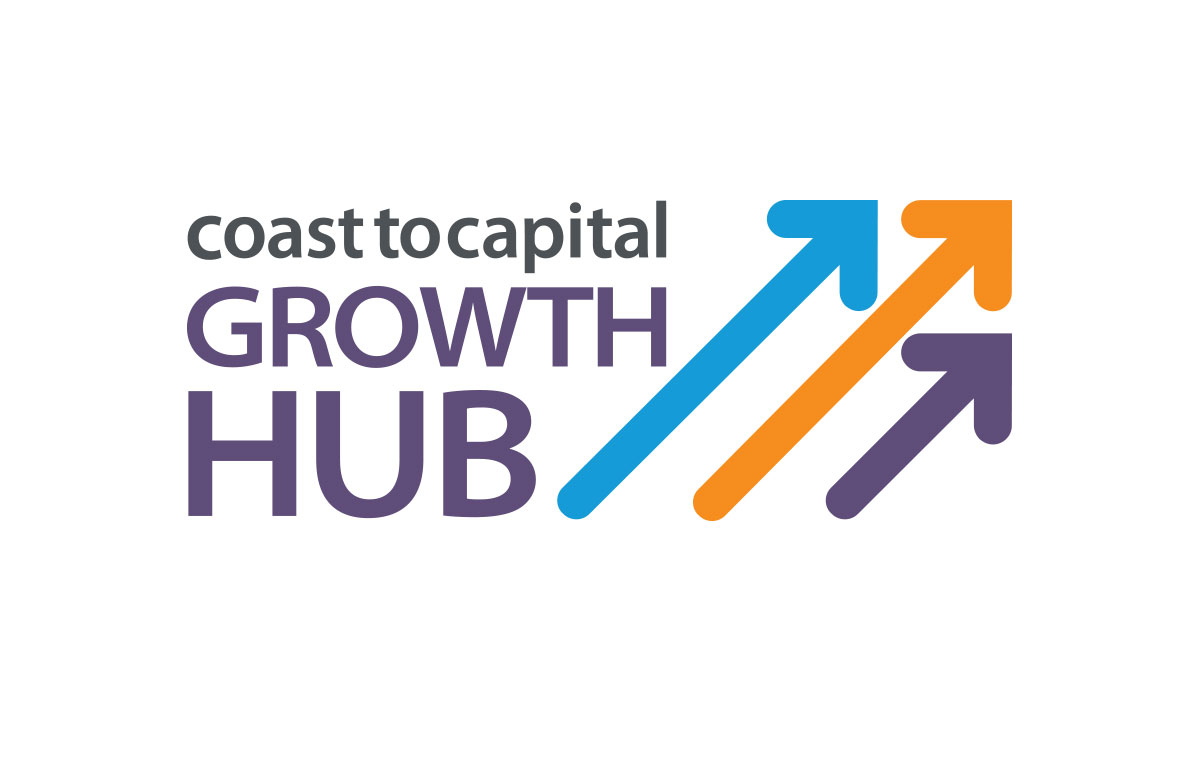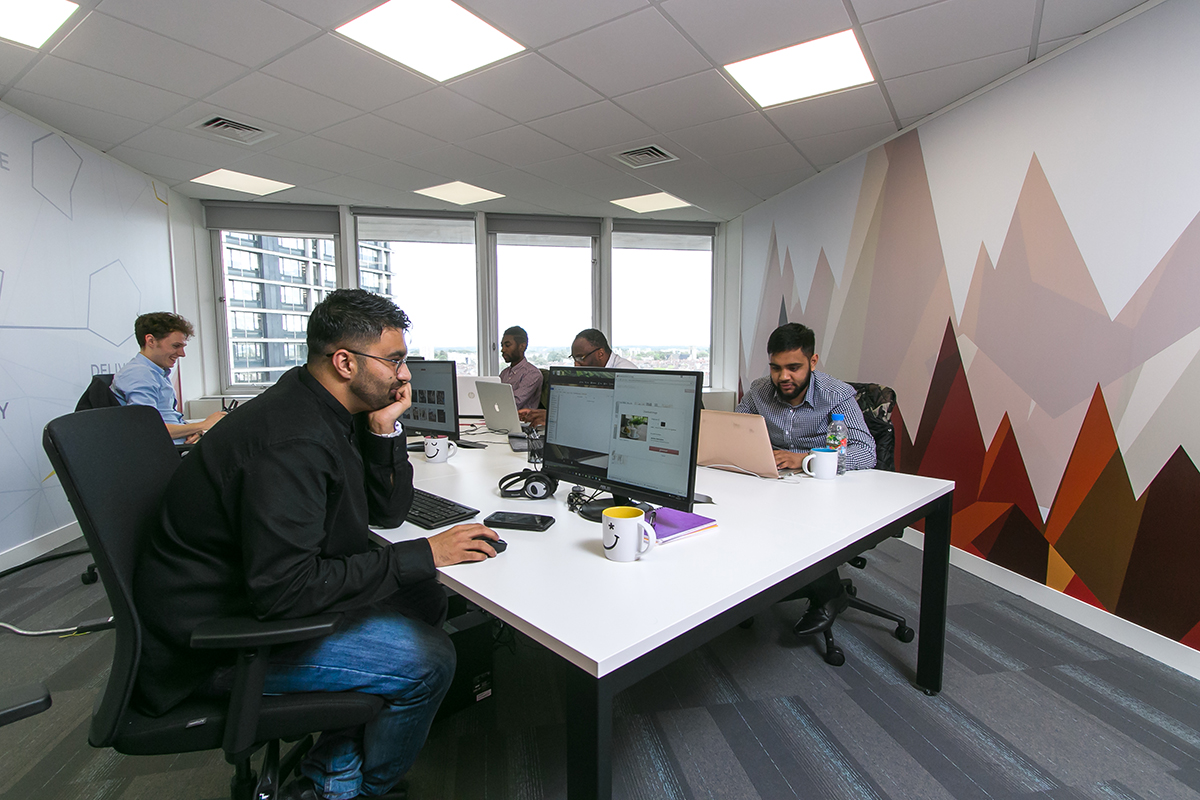
Adrian Alexander has been working on merger and acquisition deals for approximately 30 years across the South East of England. He reveals the process almost always starts with a bit of a shock…
“Business owners like to know how much their company is worth and I almost always asked this question.” says Adrian. They usually have an idea in their mind of the value of their company, but often this can be over-inflated for a whole range of reasons. During my time valuing companies, there have only been a few occasions where I’ve had to tell a business owner that they had underestimated the value!
“We will always give them a realistic valuation - there is no point getting hopes up for a sale price that they won’t achieve. We strive to get the best deal for the seller, in any case.”
Once the owners are comfortable that their valuation expectations can be met, Adrian and his team can start the sale process:
“It is at this point we can discuss the next steps and get the process moving. The first task is to write the information memorandum. This includes the history of the business, its USPs, a financial summary, highlighting the maintainable earnings that the buyer can expect once they own the company, the opportunities open to the business, operational details, the market it operates in and any other information that is relevant. It should provide enough information, so a potential buyer is in a position to make an informed offer.
“Although it is ultimately a marketing document and needs to highlight the real ‘value added’ areas that will interest a buyer, it is important that the information memorandum is accurate as the buyer will not want any surprises when they undertake the due diligence. Ideally due diligence should be confirmatory, rather than uncover any problems or issues. If these are uncovered during the completion process it can kill the deal, or at the very least result in a reduced price or increased warranties and indemnities.
“We will search for potential buyers through our specialist national research team. We also liaise across our national Corporate Finance team who keep a close watch on the market and have a range of sector experience. They can provide intelligence on trade or private equity or other potential interested parties. By using a centralised system we can find buyers across the UK and from overseas, rather than just rely on local networks. FRP Advisory belongs to an international accountancy network called Prime Global, which means we are plugged into 80-90 countries.
“Once we have a shortlist of serious interested parties we arrange meetings, start the offer process and carry out negotiations. At the point we have a preferred bidder and a deal acceptable to our client, we then draft the Heads of Agreement and liaise with the lawyers, accountants and other advisers through the completion process. It is very much a collaborative approach, and we see their accountants, for instance, as being part of the team."
It all sounds so simple! Of course, in reality, many businesses are not ready to be sold, or at least, they are not in position to maximise the best value. Adrian explains that in many cases it is the long game to achieve the owner’s ambitions. There is a huge amount that can be done to improve the value and get the business ready so the sale process is as painless as possible:
“We can help with exit planning, where an owner is looking to prepare a business for sale in two or three years’ time. We will value the company as it is and find out what the owner is looking to achieve, so we can then put a strategic plan in place. It may be a case of achieving their objectives through organic growth, appointing key personnel or maybe acquisitions. We look at all the ways the business can build value and prepare for a more successful sale and then monitor their progress.
“It is never too early to prepare for selling the business, even at the start-up stage. Having an end game in mind when you start a business can help drive value and provide direction.
“You need to be sale-ready at all times, as you never know when you are going to be approached. Who knows when the phone will ring with that call? A lot of deals are happening ‘off-market’ where someone calls and offers to buy the business. If you are not prepared for that call, then you are already on the back foot.”
In between the options of a quick sale and a long-term plan to make the business saleable, there is a middle way that has become much more popular over the last decade.
“Since the recession there has been a rise in alternative exit structures,” says Adrian. “Formerly it was just a case of either a trade sale or a sale to the management (“MBO”). A lot of the MBOs were highly geared but when the recession hit, many of the businesses struggled with the bank debt and a lot of vendors were left with money still to be owed to them. As a result, these methods have fallen from favour. You would have management buyouts where the new owners would find themselves burdened with a lot of debt, and they probably weren’t aware of what they were letting themselves in for.
“In the last decade, we have seen companies concentrate on paying off their bank borrowing, consolidating and then the owners paying themselves increasing remuneration and dividends. Many companies have become ‘lifestyle’ companies with the risks associated with not investing for the future. Rather than take out big dividends, there has been a realisation that the best investment for the future is their own company. However, for this to continue you have incentivise managers to grow the business. We have seen more ‘two-step exits’, where managers are offered the opportunity to have partial ownership. The owners can take some capital off the table at step one without over-gearing the business. Then the managers are highly incentivised to grow the business and the owners can start to take more of a back seat.
“At step two, either the managers re-finance to take over total control or a trade buyer comes in - and both the owner and the managers benefit. An extra advantage of a partial sale is that owners can take advantage of Capital Gains Tax Entrepreneurs’ Relief before, as most people suspect, the relief is removed.”
No interview on the M&A market can avoid the obvious question: what impact has economic uncertainty had on activity?
“Some people are holding off on the decisions to sell until there is more clarity over our economic situation," replies Adrian. “But this isn’t necessarily a bad thing as it allows businesses to get their house in order and ensure they are properly sale-ready. The danger of delay is that you might become a ‘lifestyle’ business, stop investing in innovation and start to flatline. In which case, when you do come to sell, you will find it much harder. It’s easy to fall behind competitors and behind in technology. It is quite a dangerous time for a business. It is vital to keep the management engaged and motivated to keep momentum high. For those who want to sell now, we are still seeing international buyers and private equity continue to demonstrate an appetite for acquisitions. M+A activity levels in the UK still remain high despite the uncertainty.”
So far the emphasis has been on how to sell a business, but Adrian is keen to point out that he is just as experienced in helping clients buy businesses:
“We do work on the acquisitions side as well, and we can undertake proactive acquisition searches. We have a large network of intermediaries to help find the right target businesses. We are proactive and will discreetly let shareholders know that there is an interest in the business. They might not be keen to sell straight away, but you often find that they will get in touch at a later date.
“A lot of acquisitions are reactive, or you may find that businesses just look to take over competitors. This is only worthwhile if there is a strategy in place rather than doing it for the sake of it. With a proactive search, you define what it is you are looking for and we can help find the right fit. You should ask if the target business can actually add something to the bigger picture and is value enhancing. You should know exactly why you want to buy the business.”
—-
About FRP Advisory
FRP Advisory provides a professional and considered approach to problem solving. With 50 partners and more than 300 staff operating from 19 offices across England and Scotland, FRP Advisory is one of the UK’s largest independent business advisory firms specialising in corporate restructuring, corporate finance, forensic services, pensions advisory and debt advisory, with a strong reputation and track record for creating, preserving, and recovering value across a range of complex situations. Its advisors work at board level, with investors, lenders, government and regulatory bodies, plus other professionals and individuals requiring professional support. FRP Advisory provides a wide range of services, as well as specialist industry experience to enable the delivery of sector specific solutions.
Contact: Adrian Alexander, Corporate Finance Partner
adrian.alexander@frpadvisory.com





